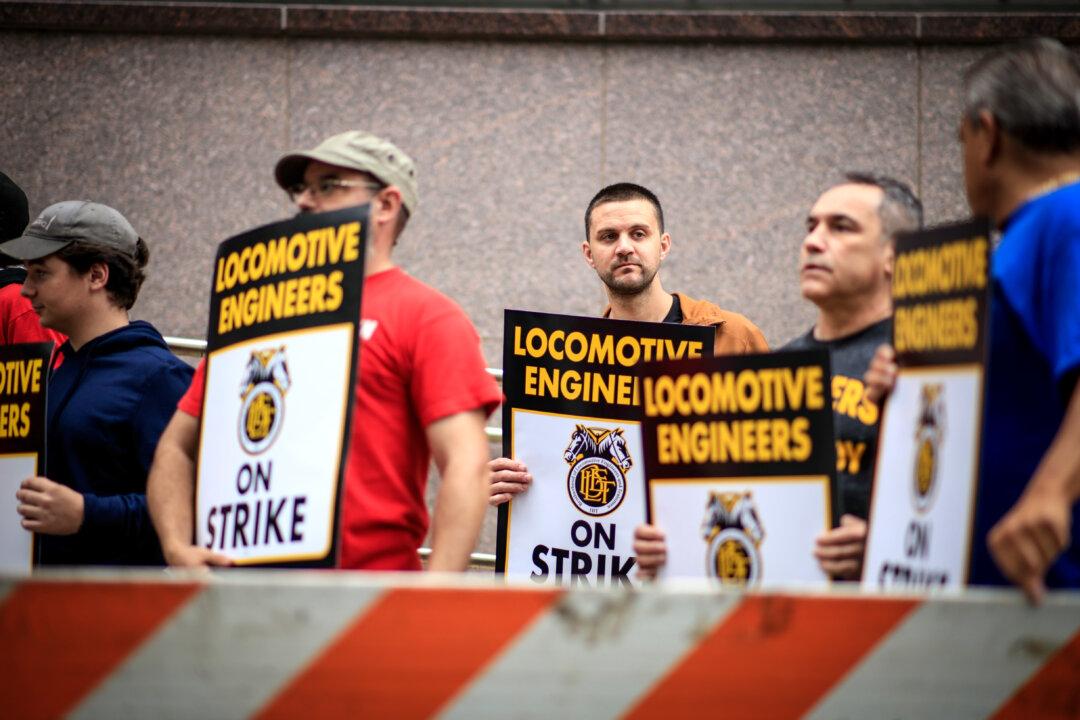Three days after the start of a strike by New Jersey transit employees, an agreement has been reached under which the unionized employees will return to work, officials announced on May 18.
Tom Haas, general chairman of the Brotherhood of Locomotive Engineers and Trainmen, which represents 450 New Jersey Transit engineers, said in a statement that an agreement had been reached to end the strike, which affected around 100,000 passengers each day across its three-day duration.





